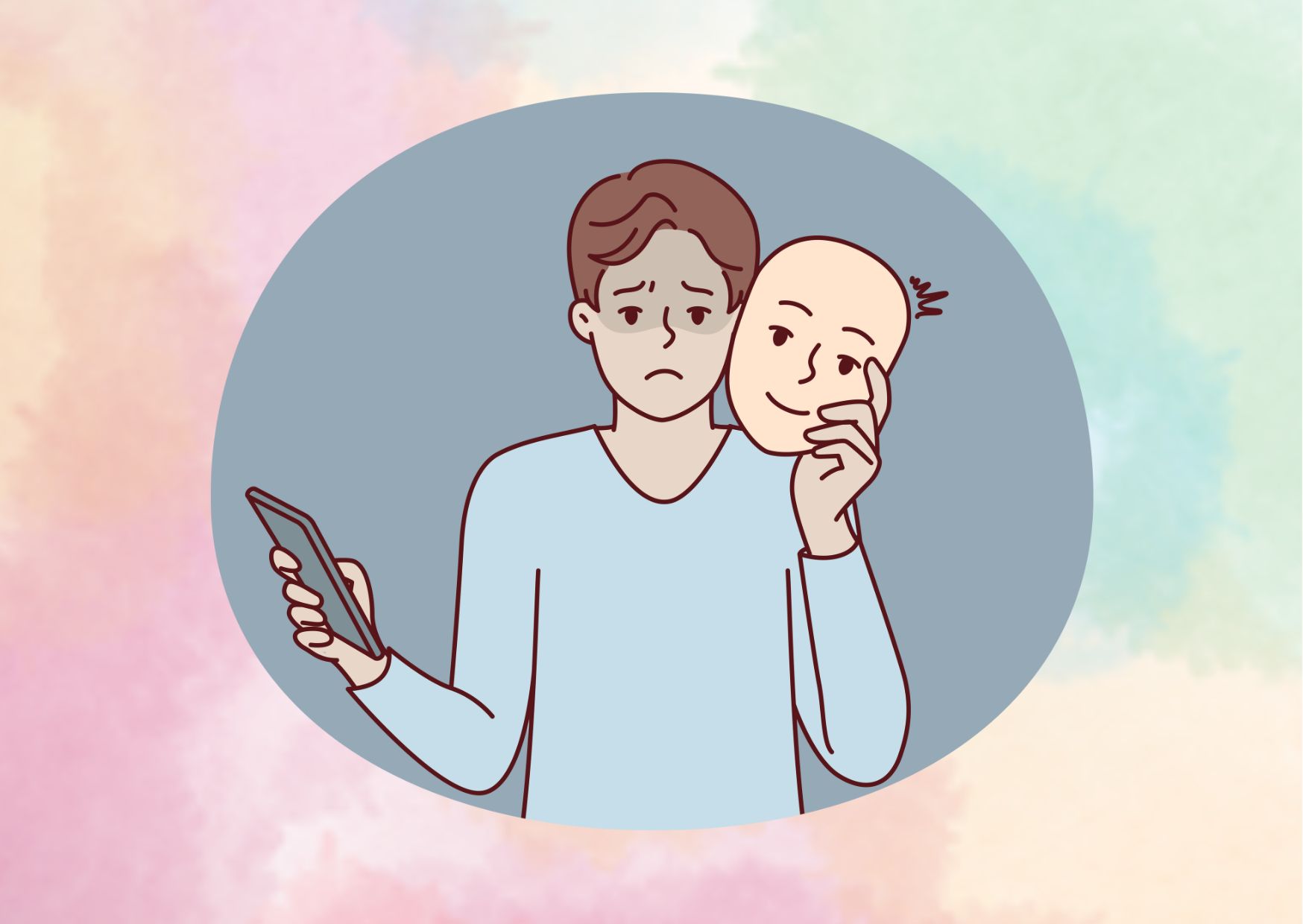23 Signs to Recognize a Hypocrite in Your Life: Identifying Hypocrisy
Hypocrisy, defined as saying one thing but doing another, is a common trait that most people exhibit to some degree due to defense mechanisms and denial of their own flaws. A hypocrite is someone who criticizes or condemns behaviors in others that they themselves engage in, or shames and judges others for actions while committing those same actions. Identifying a hypocritical person involves observing the contradiction between their words and deeds, as they often have difficulty facing their shortcomings and use excuses to avoid self-examination.
Dealing with hypocrites can prove challenging, as they may be unaware of their own hypocritical tendencies. This article explores 23 telltale signs of a hypocrite, including treating those in power differently than underlings, giving advice they don’t follow themselves, and masquerading as good people while being dishonest – often referred to as “wolves in sheep’s clothing”. The most dangerous hypocrites are those in positions of authority, as they can destroy others’ faith and trust.
Most Frequent Hypocrisy signs
Recognizing hypocrisy in individuals can be challenging, but several common signs can help identify this behavior. One frequent sign is the presence of double standards; a hypocrite may criticize others for actions they themselves engage in, demonstrating a lack of self-awareness. Inconsistent statements and actions are also telling; if someone often changes their narrative to fit their interests or avoids accountability, it raises red flags. Additionally, a hypocrite may exhibit self-righteousness, projecting an image of moral superiority while failing to uphold those same values in their own behavior. Other signs include judgmental attitudes towards others while lacking compassion or understanding. Finally, a reluctance to engage in open dialogue about their beliefs can indicate an underlying hypocrisy, as they may fear exposure of their contradictions. Recognizing these signs can help individuals navigate relationships with greater awareness and discernment.
Public vs Private Persona
One of the defining characteristics of a hypocrite is the stark contrast between their public persona and private behavior. They present a carefully curated image to the world that often contradicts their true nature and actions when no one is watching. This duplicity is at the core of hypocrisy, as they hold others to standards they themselves fail to uphold.
| Public Persona | Private Behavior |
| Preach moral values | Engage in unethical conduct |
| Advocate for honesty | Lie and deceive |
| Promote kindness | Display cruelty and callousness |
| Claim to be principled | Compromise principles for personal gain |
This dichotomy between what a hypocrite professes and how they truly act is a glaring red flag. They may appear righteous, virtuous, and morally upstanding in public, but behind closed doors, their actions tell a different story. It is this disparity that makes hypocrisy so insidious and damaging to trust and credibility.
Rules and Exceptions
Hypocrites often believe that rules apply to everyone else except themselves or a select privileged few. They have a tendency to bend or break rules that they expect others to strictly follow. This sense of entitlement and exceptionalism is a hallmark of hypocritical behavior.
Most people exhibit some degree of hypocrisy, so it’s important to be wary of those who try the hardest to appear morally upright. The more someone proclaims their virtue, the more likely they are to be hiding contradictory actions behind a facade of righteousness.
There are two main reasons why people become hypocrites:
- Biases and Blind Spots: Cognitive biases and emotional blind spots prevent them from seeing their own shortcomings and flaws, leading to a lack of self-awareness and an inability to recognize their own hypocritical tendencies.
- Exceptions and Excuses: They make exceptions and excuses for their own behavior while judging others harshly for the same actions. This double standard allows them to rationalize their hypocrisy and avoid taking responsibility for their inconsistencies.
Immanuel Kant’s Categorical Imperative provides a useful framework for identifying moral hypocrisy. It asks whether an action could be willed as a universal law without contradiction. If a person’s actions contradict the moral principles they claim to uphold, it is a sign of hypocrisy.
Psychological research has identified different forms of hypocrisy, including:
- Moral Duplicity: Preaching one set of moral values while practicing another.
- Moral Double Standards: Applying different moral standards to oneself and others.
- Moral Weakness: Failing to live up to one’s own moral standards due to a lack of willpower or self-control.
Blame Shifting
Blame-shifting is a manipulative tactic employed by hypocrites and abusers to evade responsibility for their actions. It involves redirecting blame onto others, even for problems they themselves have caused. This behavior stems from an inability or unwillingness to accept ownership of their emotions and mistakes.
Hypocrites often use language that projects blame onto their victims, such as “You make me so mad.” They attribute relationship difficulties to their partner, believing the partner is the problem that needs to be fixed. Blame-shifting, or “blaming the victim,” is a form of “crazy making” where the abuser switches the focus back to the victim, putting them on the defensive.
To further isolate and control their victims, hypocrites may claim that friends, family, professionals, or authorities agree with their perspective, preventing the victim from seeking help or support. This tactic allows the hypocrite to escape accountability for their actions and maintain a position of power and control.
Examples of blame-shifting include:
- A CEO blaming staff for poor performance
- A politician blaming the opposition party for their own errors
- An unfaithful spouse blaming their partner for their infidelity
While most people exhibit some degree of hypocrisy, those with a fragile sense of self and a perpetual victim mentality are more prone to extreme blame-shifting. They groom their victims to become hyper-aware of their own minor wrongdoings while actively dismissing or minimizing their own transgressions.
| Hypocrite’s Behavior | Victim’s Experience |
| Avoids responsibility | Constantly blamed and criticized |
| Deflects blame onto others | Made to feel guilty and inadequate |
| Portrays themselves as the victim | Gaslighted and manipulated |
Confronting and resolving this behavior is crucial for cultivating trust, accountability, and healthy relationships. Therapy can help individuals break free from self-defeating patterns, gain self-awareness, and develop the confidence to take responsibility for their actions.

